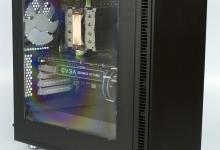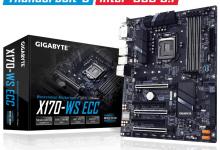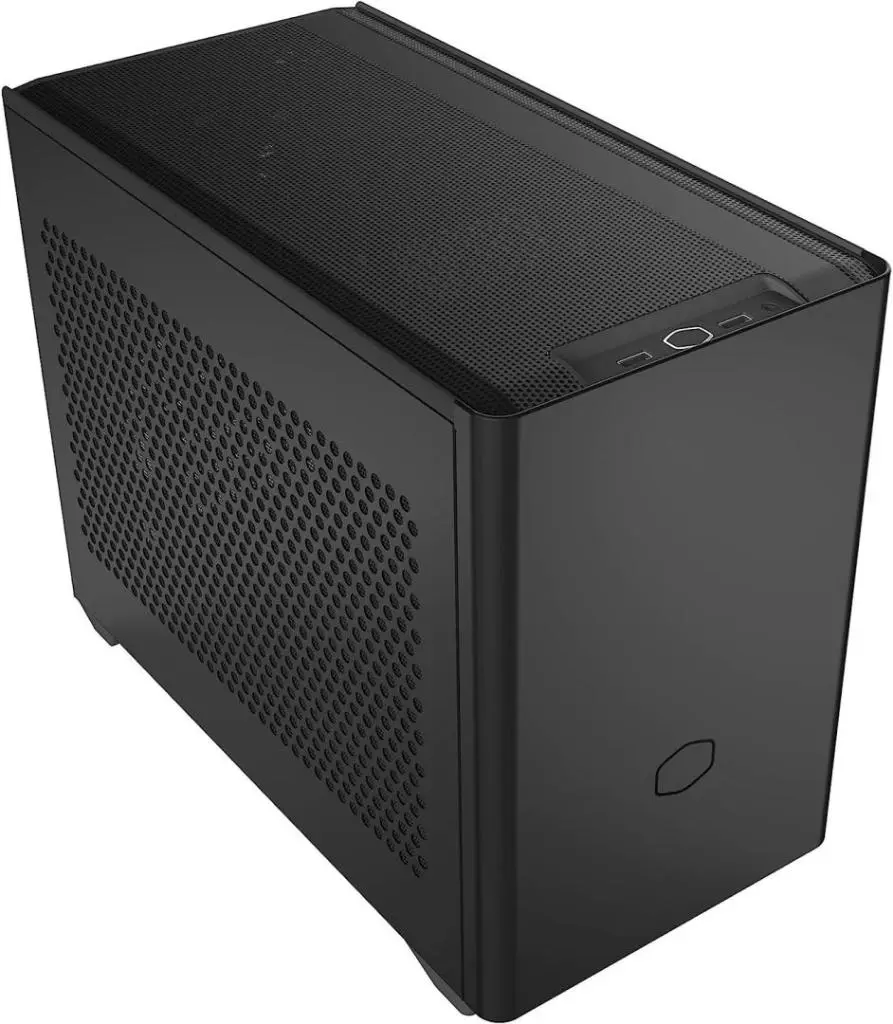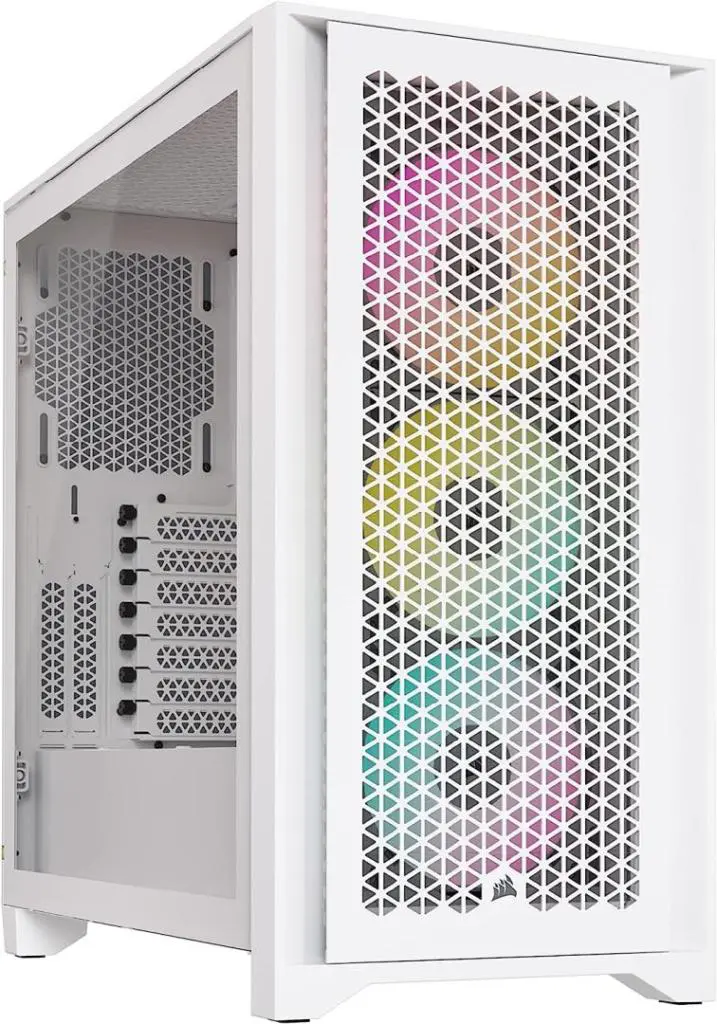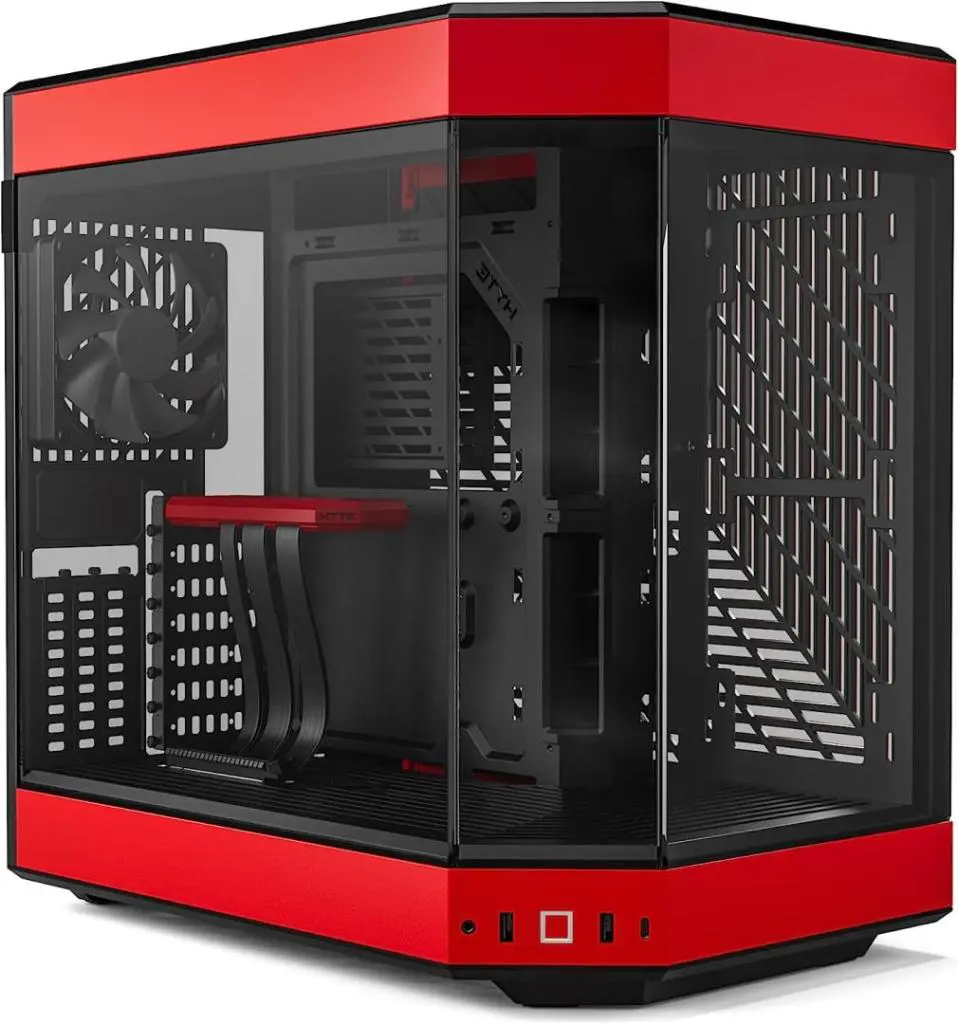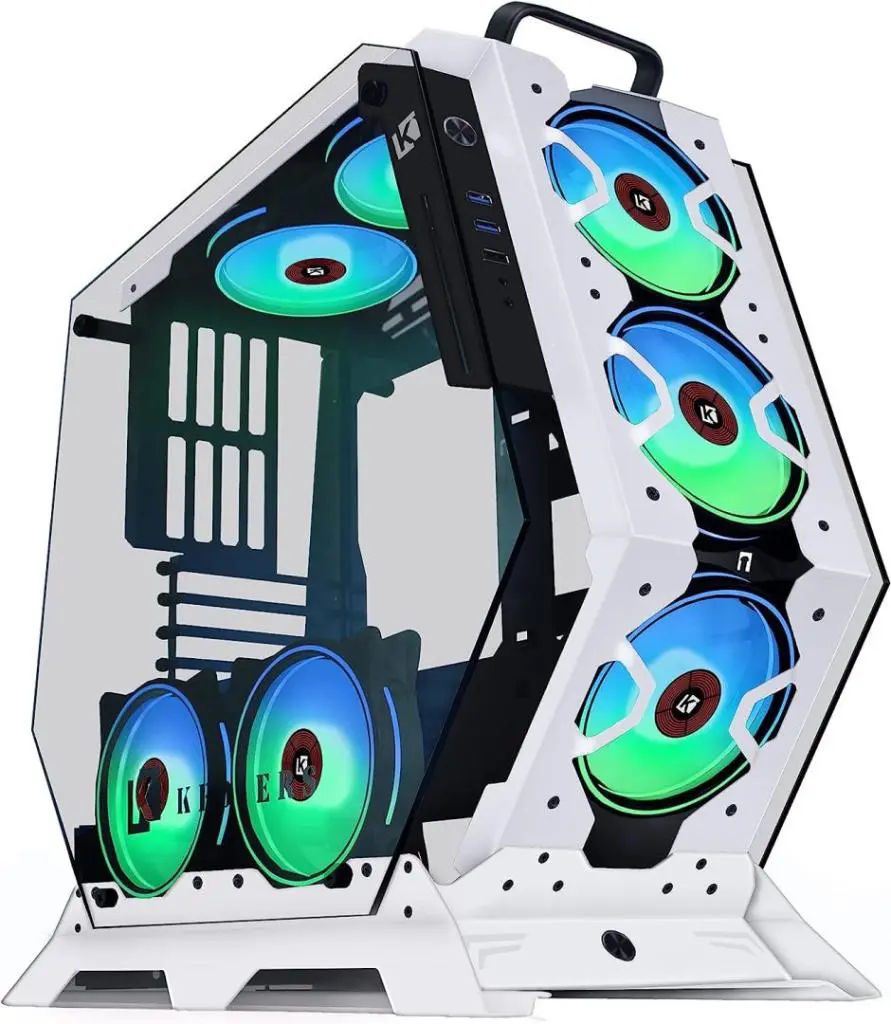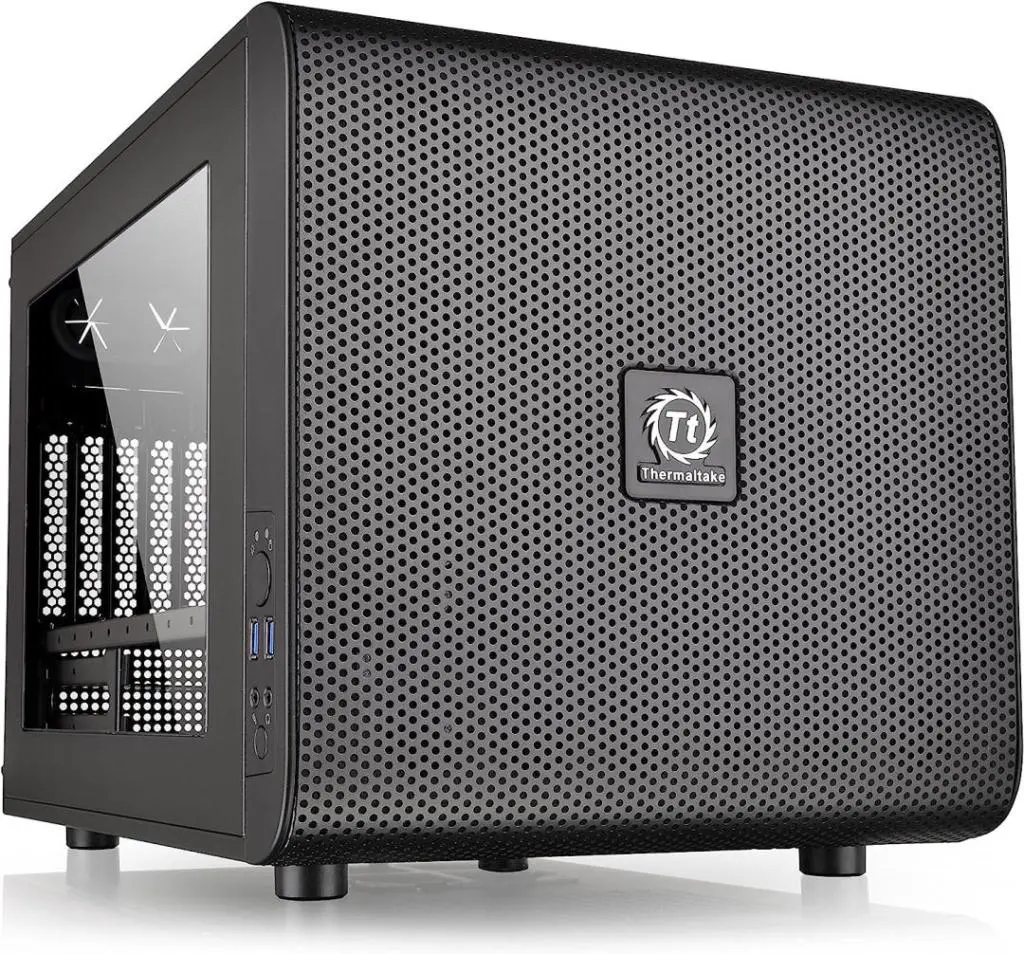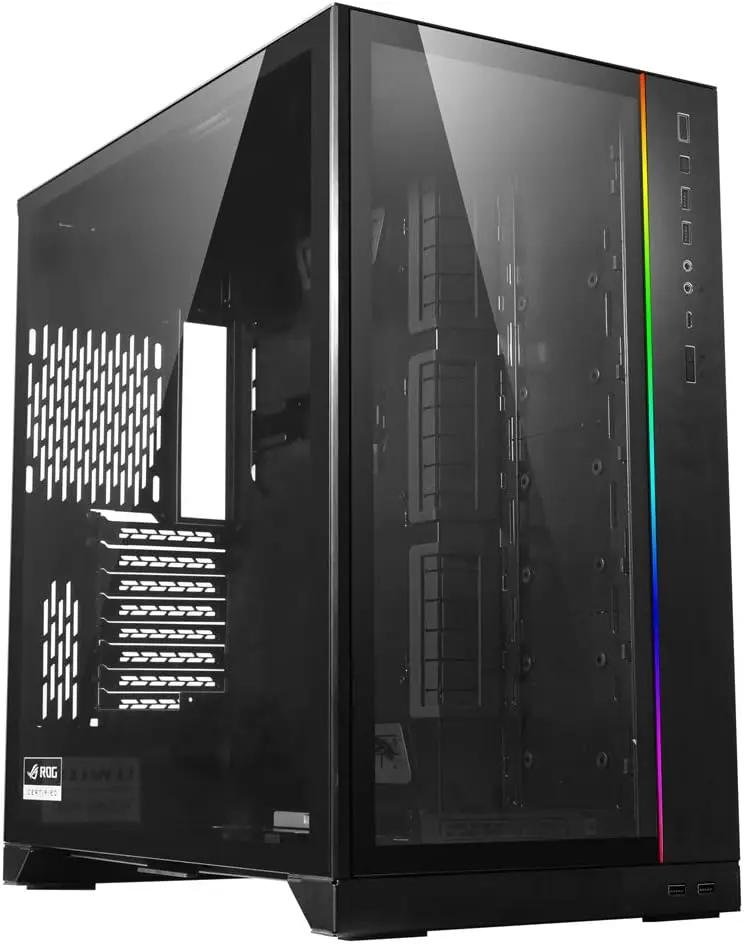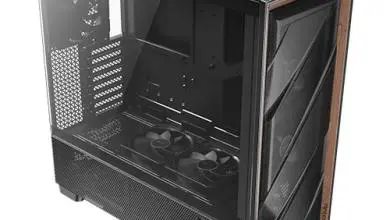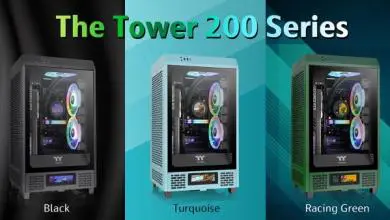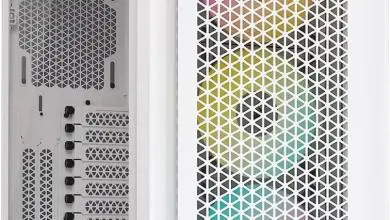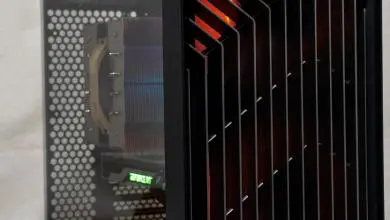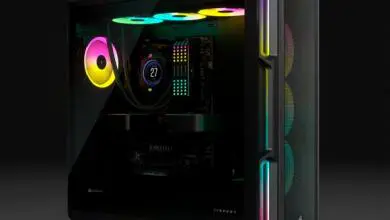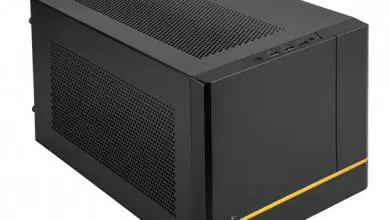A Guide to Choosing the Best Computer Case for Your Custom PC Build
Tips for finding the perfect computer case
Building your own custom PC can be an incredibly rewarding project, but it can also feel overwhelming due to the vast array of components and accessories available. One of the most critical decisions you’ll face is choosing the right computer case. In this guide, we’ll walk you through the process of finding the perfect computer case for your next build, providing detailed information to help you make an informed decision.
Pick the Best Computer Case Size
Let’s start by considering the size of the computer case. Computer cases come in various sizes, each offering unique advantages and disadvantages based on your requirements. Here’s an overview of the different sizes available:
1. Mini-ITX: These cases are the smallest and most compact, making them ideal for those who prefer a portable PC setup. While they have limited expansion options, they can still accommodate a small graphics card and a single hard drive or solid-state drive.
2. Micro-ATX: Slightly larger than Mini-ITX cases, Micro-ATX cases provide more room for expansion. They can accommodate additional hard drives and graphics cards while maintaining a compact size suitable for small spaces.
3. Mid-Tower: Mid-tower cases are larger than Micro-ATX cases and strike a balance between size and upgrade options. They offer ample space for multiple graphics cards, hard drives, and larger cooling systems.
4. Full-Tower: Full-tower cases are the largest option and provide the most extensive room for expansion and upgrades. These cases are perfect for those seeking a high-end PC with multiple graphics cards, numerous hard drives, and advanced cooling systems. They can even accommodate E-ATX motherboards, offering even more expansion options.
Your choice of case size depends on the components you plan to install and your personal preference. While a larger case offers more room for expansion, it may take up additional space on your desk. On the other hand, a smaller case provides portability but may have limited upgrade options.
Style of PC Case
Next, let’s explore the different styles of computer cases. The style you choose should align with your personal taste and complement the overall aesthetics of your PC build. Here are some popular styles to consider:
1. Traditional Tower: These cases feature a classic design with a tower-like structure, front panel, and multiple drive bays. They are available in various sizes and are an excellent choice for those who prefer a timeless and functional look.
2. Gaming Cases: Designed with modern flair, gaming cases boast eye-catching designs, and bold colors, and often emphasize RGB lighting. They may include features like tempered glass panels, cable management options, and support for additional fans and radiators. Gaming cases are perfect for those seeking a high-performance PC with a sleek and contemporary appearance.
3. SFF (Small Form Factor) Cases: SFF cases cater to compact builds and are available in Mini-ITX and Micro-ATX sizes. These cases have unique dimensions, shorter and wider than traditional towers, offering a distinctive look. They are an ideal choice for those who desire a compact and portable PC or prefer a case that occupies minimal desk space.
4. HTPC (Home Theater PC) Cases: Designed specifically for integration into home theater setups, HTPC cases feature a slim and sleek design reminiscent of traditional AV components. They are smaller than standard tower cases and are available in Mini-ITX and Micro-ATX sizes. HTPC cases blend seamlessly with your home theater setup.
5. Modular Cases: These cases prioritize easy customization and upgrade options. They often showcase a modern design, including modular drive bays, removable panels, and excellent cable management features. Modular cases are an excellent choice for those seeking a flexible and customizable PC.
The style of the computer case you choose should align with your personal preference and the overall look you desire for your PC build. Whether you lean toward a traditional aesthetic
or prefer a modern gaming case or a compact SFF case, you’ll find a wide range of options to suit your needs and budget.
Keeping it cool
Considering the cooling options is another crucial aspect when selecting a computer case. Proper cooling is essential for maintaining optimal performance and preventing overheating. Here are key factors to consider:
1. Airflow: Good airflow is critical for keeping your components cool. Look for a case with efficient airflow and enough room for additional fans if needed. Pay attention to fan placement, size, and speed, as these factors directly impact cooling performance.
2. Fans: Most computer cases come with pre-installed fans, but you might want to add extra fans for better cooling, especially if you plan to overclock your components. Consider the number and size of fans, as well as their placement within the case. High-end cases often offer additional features like fan controllers or RGB lighting, enhancing overall cooling performance.
3. Radiator Support: If you intend to use a liquid cooling system, ensure that the case has sufficient space to accommodate the radiator size you plan to use. Some cases even provide dedicated spaces for radiators, simplifying installation and improving cooling efficiency.
4. Cable Management: Effective cable management not only reduces clutter but also promotes better airflow within the case, leading to improved cooling performance. Look for cases with cable routing channels, grommets, and cable ties to facilitate neat and organized cable management.
Considering these cooling factors will help you choose a computer case that ensures optimal temperature regulation and prevents any potential heat-related issues. With proper airflow, adequate fan support, radiator compatibility, and cable management options, you can keep your components cool and running smoothly.
Pricing of a Computer Case
Price is another essential aspect to consider when selecting a computer case. Cases come in a wide price range, from budget-friendly options to high-end models. The price you pay depends on the case’s features and materials. Here’s a breakdown of different price categories:
1. Budget Cases: These cases typically cost less than $50 and are designed for basic PC builds. While they may have limited features and cooling options, they offer a suitable choice for those on a tight budget or building a PC for everyday use.
2. Mid-Range Cases: Falling between $50 and $100, mid-range cases strike a balance between price and features. They often provide better cooling options, more drive bays, and improved cable management, making them an ideal choice for those seeking a decent case without overspending.
3. High-End Cases: Priced above $100, high-end cases cater to high-performance PC builds. They often include features like RGB lighting, tempered glass panels, and support for additional fans and radiators. These cases are perfect for those who desire a sleek and modern-looking PC with top-notch performance.
4. Modular Cases: Modular cases, priced between $100 and up, tend to be more expensive due to their enhanced customization and upgrade options. If you seek a flexible and customizable PC, these cases provide an excellent choice.
Ultimately, the price of a computer case should align with your budget and the features you prioritize. Whether you’re looking for a budget-friendly option, a mid-range case, or a high-end model, there’s a diverse range of cases available at various price points. By considering your needs and budget, you can find the best computer case to suit your next PC build.
Finally, building a custom PC involves several crucial decisions, and selecting the right computer case is one of them. By carefully considering the size, style, cooling options, and price range that best align with your needs and preferences, you can choose a computer case that not only accommodates your components but also complements the overall aesthetics of your build.
